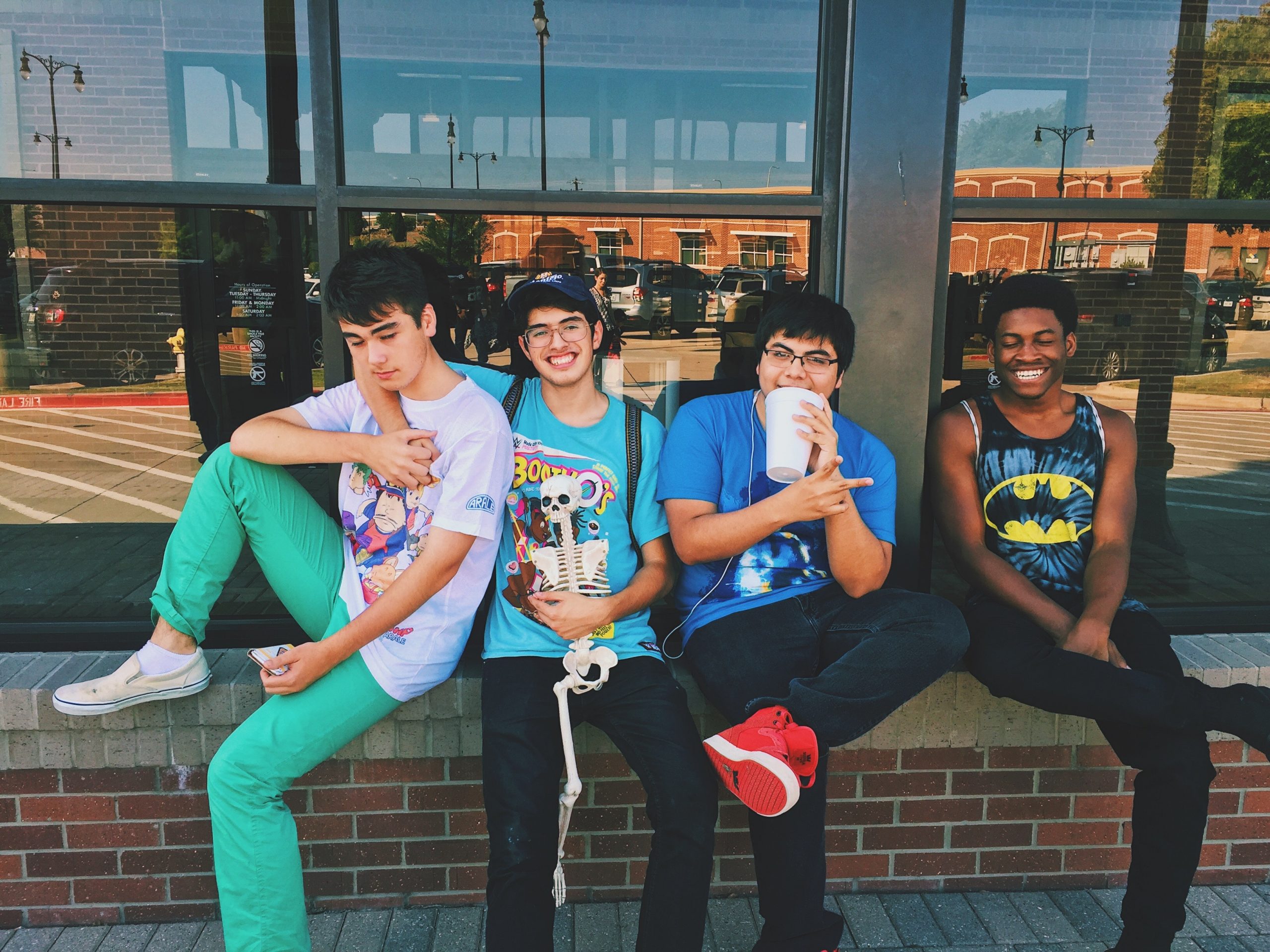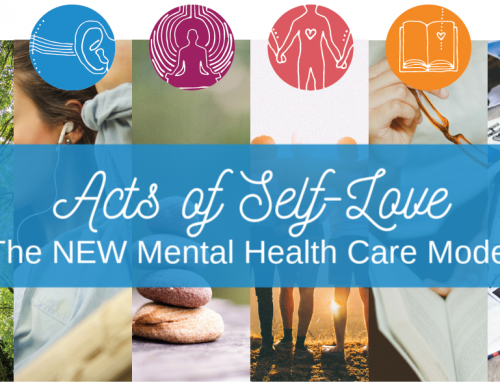What’s going on in that teen brain?
Every so often, you will hear an adult say, “I remember when I was a teen…,” and that statement usually is correct before they mention how much the world has changed since they were a teen.
They’re not wrong!
Teens today seem to live in a whole new reality compared to what we, adults, experienced. It feels like their teen brain is lagging behind.
But you know what hasn’t changed? The feelings of wanting to be alone, the constant anxiety, teen angst, and striving to meet every single expectation of friends and family. (Yes, Mom, they want to please you!)
You and I both know how it felt to be a teen. It’s even harder as a parent – difficult to understand and to exhaust to navigate.
What’s happening in the teen brain?
Adolescents and the teen brain share similar traits at this stage in their life, so it will help to get up close and personal with what’s going on in their noggin.
We wonder why teen’s actions are so impulsive, spontaneous, or even dangerous. Do they think through their behaviors?
Sometimes they do, yes. And when they don’t, it isn’t because they are hard-headed, disrespectful teens (on purpose). It’s because their brain hasn’t developed fully yet! Adolescentss have a teen brain, not an adult brain. That fact matters!
Adolescents and adults think and behave differently. We have different problem-solving skills and reactions to situations (probably because of our experiences as teens!). Teens’ brains continue to mature and develop throughout childhood and adolescence and well into early adulthood. Due to this, their responses will drastically vary from a fully matured adult brain.
Specific parts of the teen brain have different jobs. The amygdala, for example, the responsible for immediate reactions. These reactions include fear and emotional/aggressive behavior. While this region develops early in childhood, the part of the brain that controls reasoning does not. This region is called the frontal cortex.
The prefrontal cortex is the part of your brain that helps you think before you act. But, unfortunately, this region takes years to develop and typically does not mature until well into adulthood. So, while teens may react in ways has us shaking our head, it’s essential to understand that their brain and our, an adult’s brain, differ so much.
How Can I Connect with My Teen?
Connecting with adolescents and their teen brain may seem impossible. Fortunately, it doesn’t have to be! As adults, we have grown through experiences that have shaped how we handle our world – and so will your teen!
Jumping to reasoning and correcting behavior before understanding what was running through their mind will lead to significant frustration and disconnect between you and your teen.
Instead, discuss the consequences of their actions. Teens can link impulsive thinking to facts. Believe it or not, your words stick! Remind your teen that they are resilient and are competent.
Adolescents get so focused on the present that they lost sight of the big picture. As a result, they live in the moment and sometimes have difficulty realizing how their part makes a difference.
Talk to your teen about a time when they were struggling, but when, in the end, everything worked out. Reminding them of times like this gives them a confidence boost and makes them want to open up to you. It also helps them realize they are stronger than they think. Plus, they know you’re one of their biggest supporters.
Finally, be interested and invested in your teen’s hobbies, music, style, school, and friends. Just like you want the people closest to you to know what in life makes you happy, so does a teen. While you’ve always heard you’re supposed to be the parent, not a friend, I’m adamant you should be both. Your child needs you more than ever right now.
There is so much stress on self-image and fitting in. Help your teen feel confident in themselves by genuinely hearing them out and getting to know them. It will make a world of difference!
I Choose Change works with adolescents, teens, adults, and families! We provide support and communication tools to help families reconnect and strengthen their bonds. Connect with one of our counselors to discuss how we can best support your teen who may need guidance as they navigate through complicated feelings, emotions, and change.






